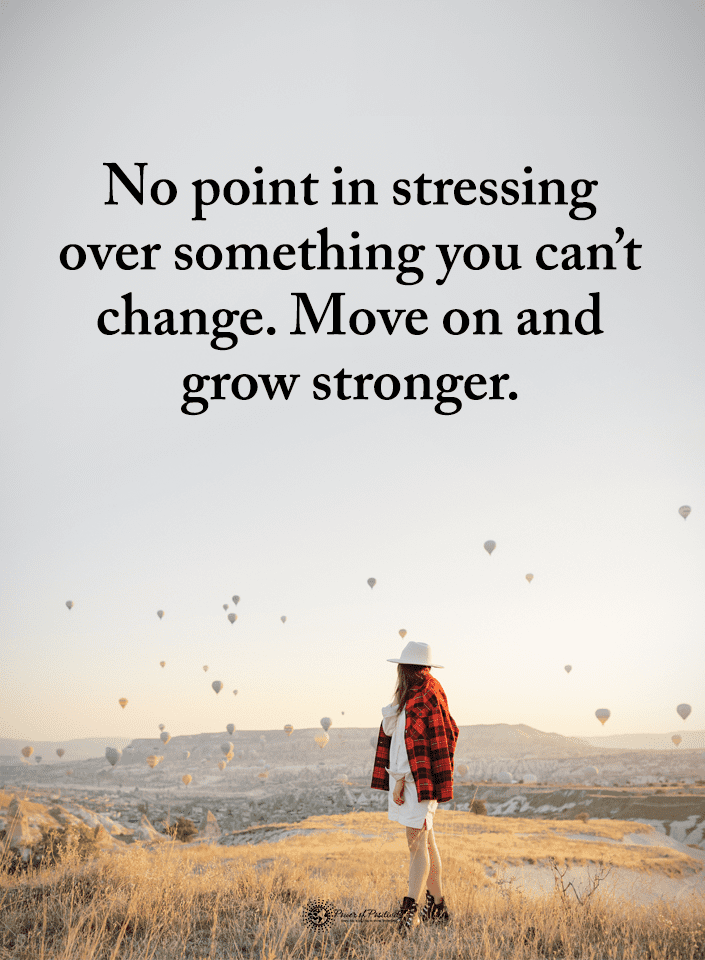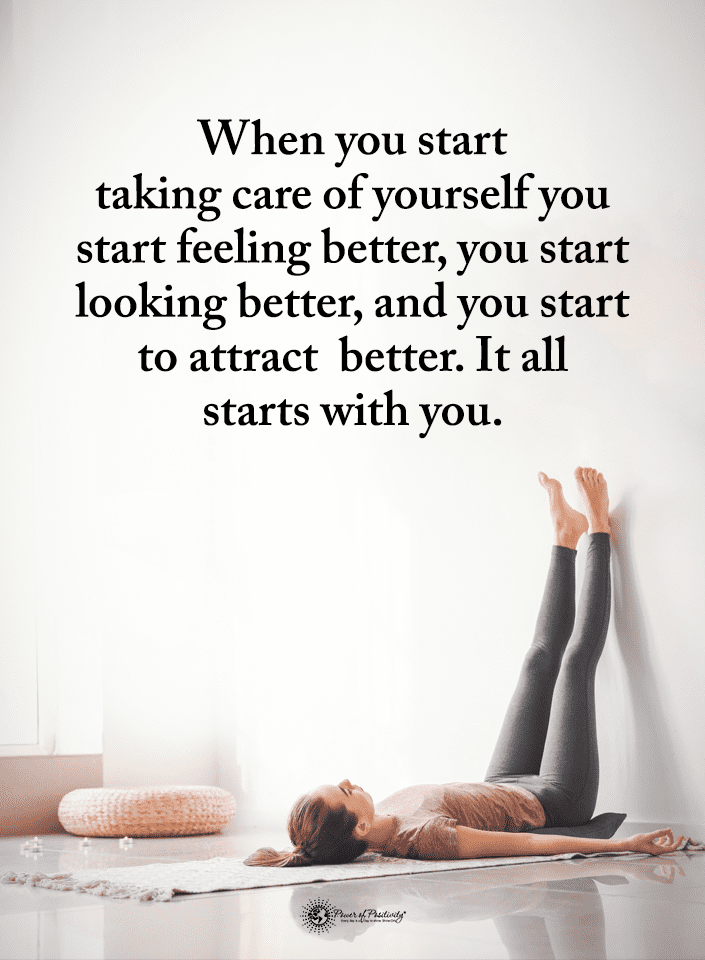Coping with long-term stress is essential to your health and well-being. Understanding the long-term effects and implementing effective stress management techniques can improve your overall well-being and quality of life.
Sometimes feeling stressed is common, but chronic conditions lead to long-term health issues. It also impacts your relationships and career.
Understanding the experience and finding healthy coping methods can improve your life and reduce health issues. You don’t have to let it control your life when you find ways to manage it, allowing you to live peacefully.
Understanding the Long Term Effects of Stress
A stress response occurs when you experience fight, flight, or freeze mode. It’s intended to protect you from danger, but with chronic issues, it sometimes happens at other times. Your hypothalamus alerts your brain and body of a threat, triggering a surge of hormones that prompt a response.
It can be caused by:
- trauma
- cultural climate
- your workload
- bills
- taking care of your family
While your body can handle small amounts of tension, it has detrimental effects if it becomes long-term. It impacts your physical and mental health, affecting all areas of your life. Individuals respond to stressors through their coping mechanisms and responses. These things differ for everyone, and multiple methods can ease your burden.
Twelve Long Term Effects of Stress
The long-term effects can disrupt your mental and physical health, including leading to the following:
1. Chronic Fatigue
Tension can lead to chronic fatigue, meaning frequent tiredness that disrupts daily life. When depleted energy levels last for an extended time, it negatively disrupts your overall well-being.
It triggers your sympathetic nervous system (SNS), and your parasympathetic nervous system (PNS) takes over once the tension passes. The PNS helps your body recover and allows you to relax.
Long-term tension causes the SNS and PNS to activate continuously, draining your body and causing fatigue. It also triggers your adrenal glands to produce more cortisol, leading to fatigue.
2. Weakened Immune System
Studies show that stress can contribute to a weakened immune system, making you more susceptible to infections and illness. Increased cortisol levels suppress your immune function and limit the circulation of antibodies that help you fight infection. A strong immune system is essential for maintaining good health, and easing tension levels is highly impactful.
3. Anxiety and Depression
Chronic tension can impact your mental health, leading to anxiety and depression. If you experience these disorders, it interferes with your well-being, causing many symptoms and issues. You might notice changes in your mood or increased anxiety and depression.
It triggers hormone release, including cortisol, which can affect brain function and lead to changes in mood and behavior. Over time, it can cause changes in the brain and lead to long-term neurotransmitter imbalances. These imbalances include serotonin and dopamine, which are associated with mood regulation.
It can also exacerbate the symptoms of existing mental health conditions. It can worsen the symptoms and make them harder to manage.
It’s important to note that the relationship between stress, anxiety, and depression is complex. Many factors influence the risk of developing these conditions.
4. Sleep Disturbances
Stress can disrupt your sleep quality, potentially leading to insomnia or restlessness. It triggers the release of cortisol, a hormone that can keep you in a state of alertness. When this happens, it makes it harder to relax and fall asleep.
Additionally, it can cause racing thoughts and anxiety that can interfere with sleep. The link between stress and sleep is bidirectional, meaning poor sleep can also contribute to tension levels.
Lack of sleep can make it harder to cope, leading to a cycle of tension and sleep deprivation. Good sleep hygiene, including a regular sleep schedule and relaxing bedtime routine, can reduce the impact.
5. Weight Gain or Loss
Being stressed can contribute to weight fluctuations and appetite changes. You may eat more or less than usual or consume different foods than usual.
When the body is under chronic tension, it produces high levels of the hormone cortisol. Cortisol can stimulate fat and carbohydrate metabolism, creating a surge of energy in the body. This surge can lead to an increase in appetite, and if you consume more calories than you burn, you may gain weight.
It can cause individuals to engage in unhealthy behaviors like overeating or consuming unhealthy foods, leading to weight gain. In some cases, however, it can also cause weight loss due to decreased appetite and changes in metabolism.
Additionally, cortisol can lead to fat redistribution to the abdominal area. It increases the risk of health issues such as type 2 diabetes and cardiovascular disease.
6. Digestive Problems
Your gut contains neurons communicating with your brain and bacteria affecting health. Tension can disrupt these aspects, leading to pain, bloating, nausea, and other gastrointestinal issues.
When your bowel bloats, it can change the rate of food moving through your body. You might experience diarrhea or constipation, and it can trigger bowel muscle spasms.
It worsens symptoms for people with irritable bowel syndrome (IBS) or inflammatory bowel disease. With these disorders, your gut nerves are more sensitive to changes in bacteria and how quickly food gets digested.
When you have digestion issues, it can negatively impact your daily life and overall well-being. You may struggle with getting comfortable and avoid things because of the problems.

7. Heart Disease
Stress increases your risk of heart disease because it causes long-term problems for your heart and blood vessels. It can increase your heart rate, hormones, and blood pressure, leading to complications.
It can also inflame your circulatory system, including your coronary arteries. Additionally, it can impact your cholesterol levels, further contributing to potential health issues.
These issues can increase your heart attack, stroke, or hypertension risk. You must care for your cardiovascular health problems can lead to death.
8. Memory and Concentration Issues
Stress impacts your memory by disrupting your cognitive function. You might experience concentration problems that affect your daily life and overall well-being.
During a stress response, your brain might become overstimulated. When this happens, you can forget things and have trouble recalling events. It also triggers difficulty focusing, even when you know you should be.
9. Relationship Problems
You might experience problems in your personal and professional relationships. Healthy relationships are essential to your well-being, and this negative effect can impact you long-term.
Sometimes you’ll bottle up your issues within a relationship, showing a lack of communication. It can lead to excessive conflict because none of the problems get addressed until it harms the relationship. Your tension will affect other people, causing them to experience negativity and unease.
10. Substance Abuse
Studies show that stress can increase your risk of substance abuse as a coping mechanism. You might use alcohol, tobacco, or drugs more frequently when experiencing prolonged tension. However, these substances can lead to more tension, creating a toxic cycle.
Addiction sometimes occurs when someone believes it’s a way to ease hardship, especially when dealing with prolonged negativity. It negatively impacts your overall health and well-being by changing your brain and negatively impacting impulse control, pleasure, behavior, and motivation.
11. Accelerated Aging
Chronic tension triggers accelerated aging, impacting your overall health, well-being, and quality of life. Your body will be in a constant battle to overcome tension, draining your body and wearing it out.
It impacts cellular aging because it triggers the release of glucocorticoids, leading to increased mitochondrial activity. This activity leads to damaged telomeres, accelerating aging, making you appear older than you are, and triggering quicker aging within your body.
When your body ages quicker than it could, you’ll experience health issues. It’ll also interfere with your overall well-being and quality of life.
12. Hair Loss and Skin Issues
Stress can lead to hair loss and skin issues, potentially impacting self-confidence and overall well-being. It can cause problems like eczema, acne, and more.
Your brain and skin are linked, and you’ll notice the effects when you experience prolonged tension. Hormones and excessive oil production can make your skin vulnerable to breakouts, itching, inflammation, and infection.
It can limit wound healing and trigger issues like psoriasis and eczema. If you already experience these conditions, it can cause a flare-up that’s hard to tame without healthy coping methods.
Increased hormones can break down collagen and elastin, speeding up cellular aging. It causes fine lines and wrinkles as well as hair thinning and loss.
Strategies for Managing and Reducing Your Stress
Now that you know the long-term impacts, finding ways to reduce it is essential. You can’t always change your situation, but learning effective stress management techniques can help you improve your health and well-being. It can counteract the long-term effects of stress and allow you to live a fulfilling life.
Finding ways to cope can offer peace of mind, improved quality of life, less depression and anxiety, better health, improved relationships, and better self-control and focus. It can also promote a longer, healthier, and more fulfilling life.
Some strategies you can try include:
- Self-care routines: Prioritize your well-being, putting yourself first. You can also take self-care time to engage in hobbies, write in a journal, or do things that help you smile.
- Mindfulness practices: Cultivating mindfulness techniques can help you manage tension and improve your health. It helps regulate your body and mind and experience relaxation.
- Relaxation techniques: Helpful relaxation techniques might include yoga, deep breathing, meditation, or massage. Order disposable carts online if vaping helps you relax.
- Exercise: Physical activity triggers anti-inflammatory responses that help improve your overall well-being. You’ll be in a better mood and find better ways to cope.
- Having healthy social support: Interacting with positive people helps distract you from your worries. Talking to someone you trust also helps make coping easier.
- Talking to a professional: A professional can help you learn healthy coping techniques. They provide unbiased insight that can help you get through.
- Eating healthy foods: A healthy diet can help you feel better, have a clear mind, and manage your emotions.
- Spending time in nature: Being outdoors can boost your mood and ease tension. Enjoying nature can positively impact your mental health, promote relaxation, and help you reset.

Final Thoughts on Overcoming the Long Term Effects of Stress
The long term effects of stress can include mental and physical health problems. It can cause cognitive issues, mood changes, anxiety, depression, heart problems, and more. Learning to cope is essential to maintaining your health and overall well-being. It’ll help you develop habits that prevent long-term damage. Overcoming the effects can help you lead a more fulfilling life, so start your self-care journey today.



















